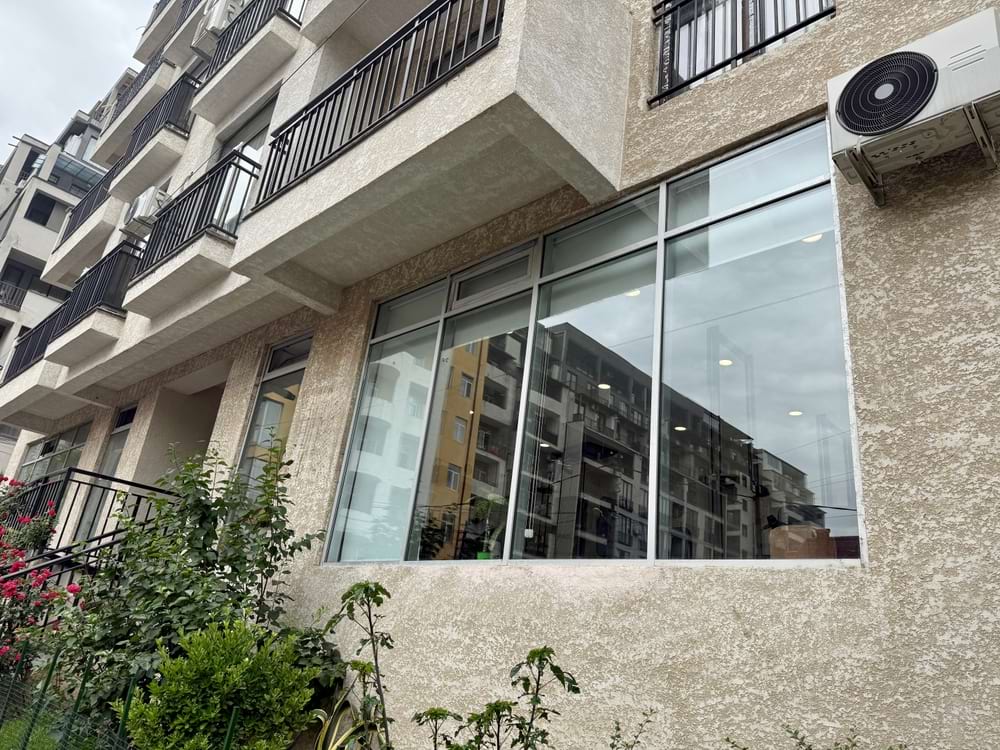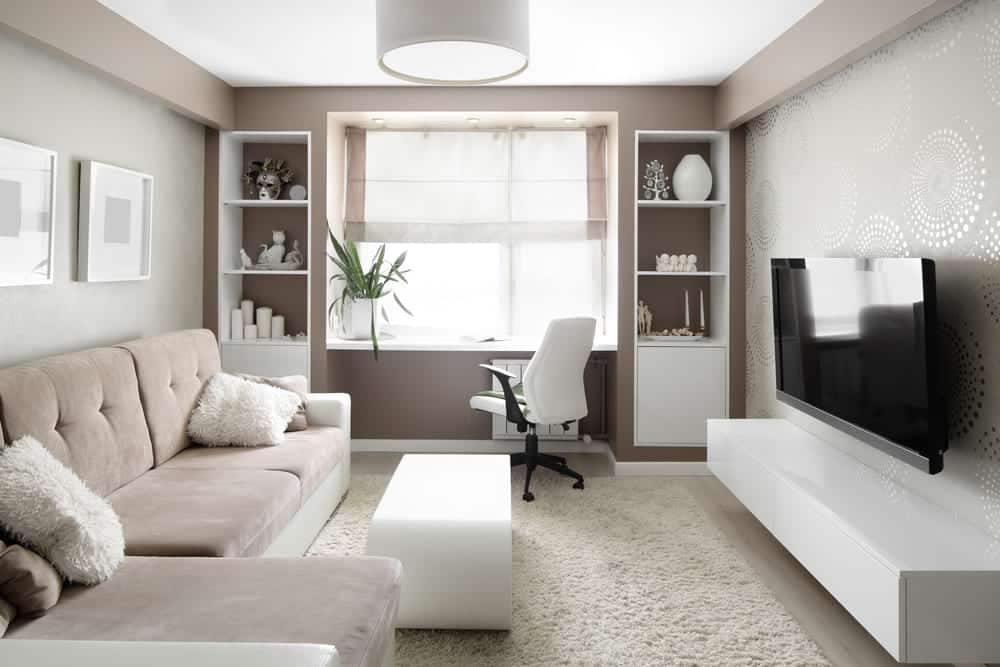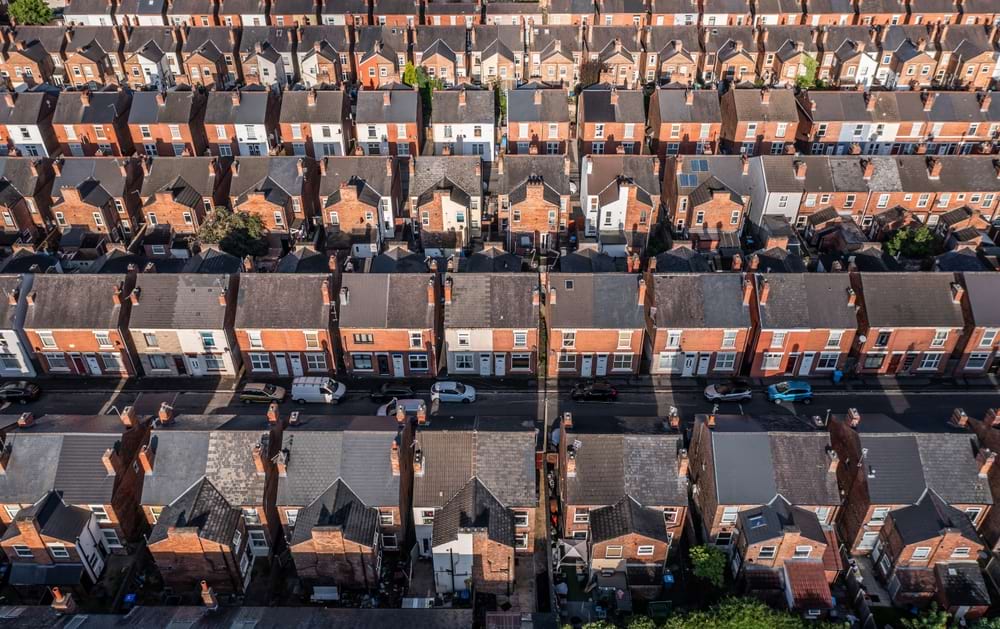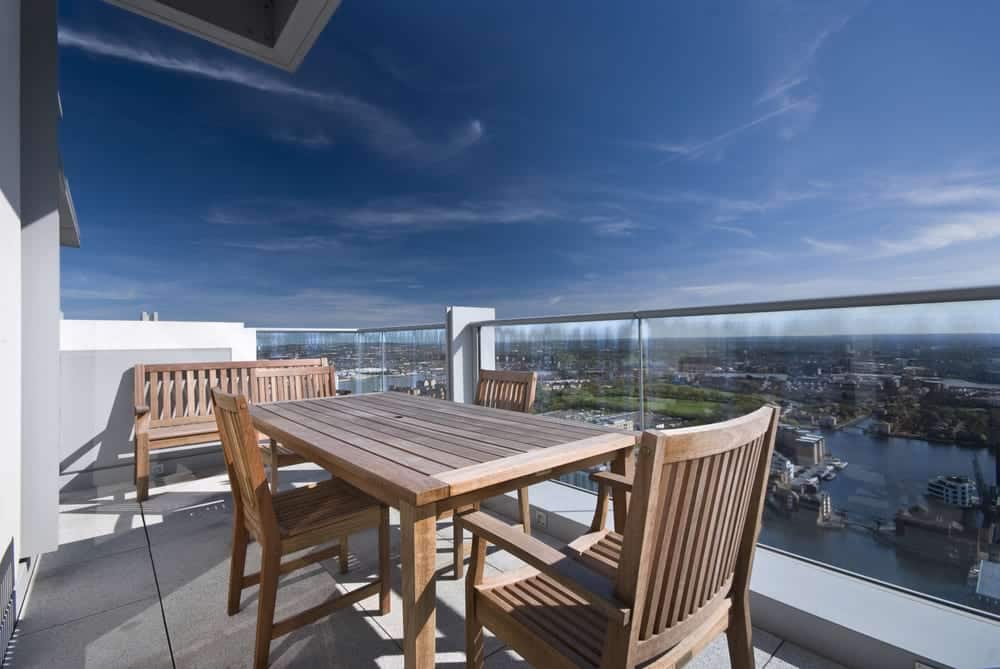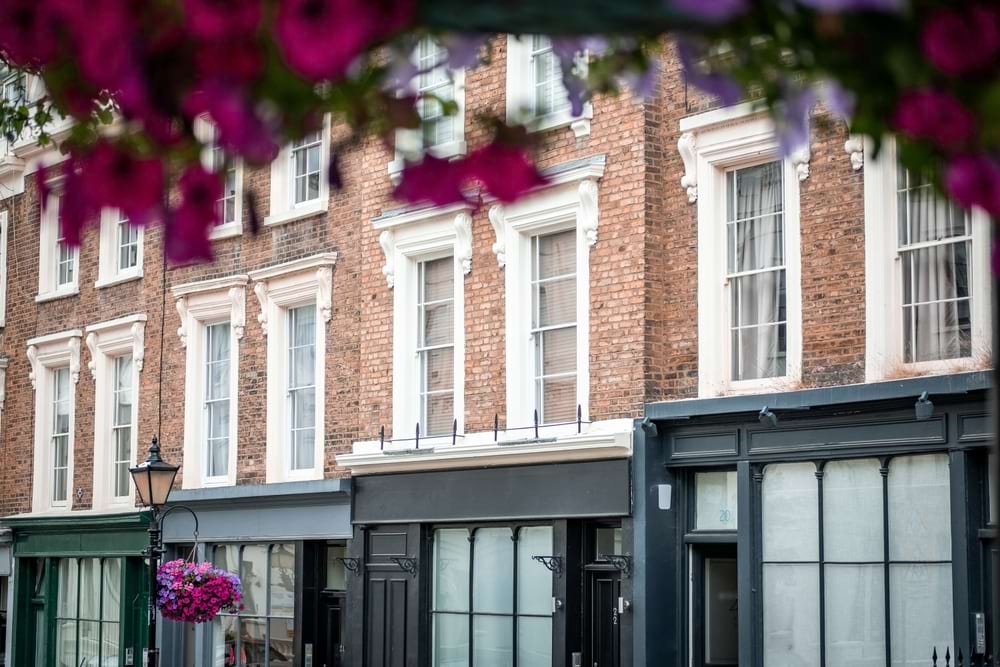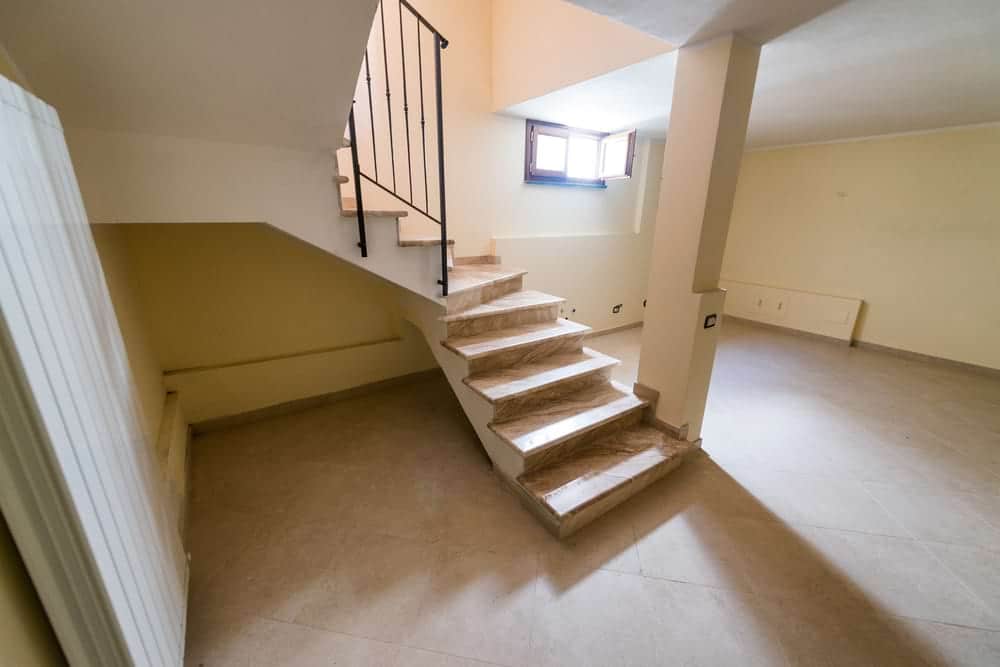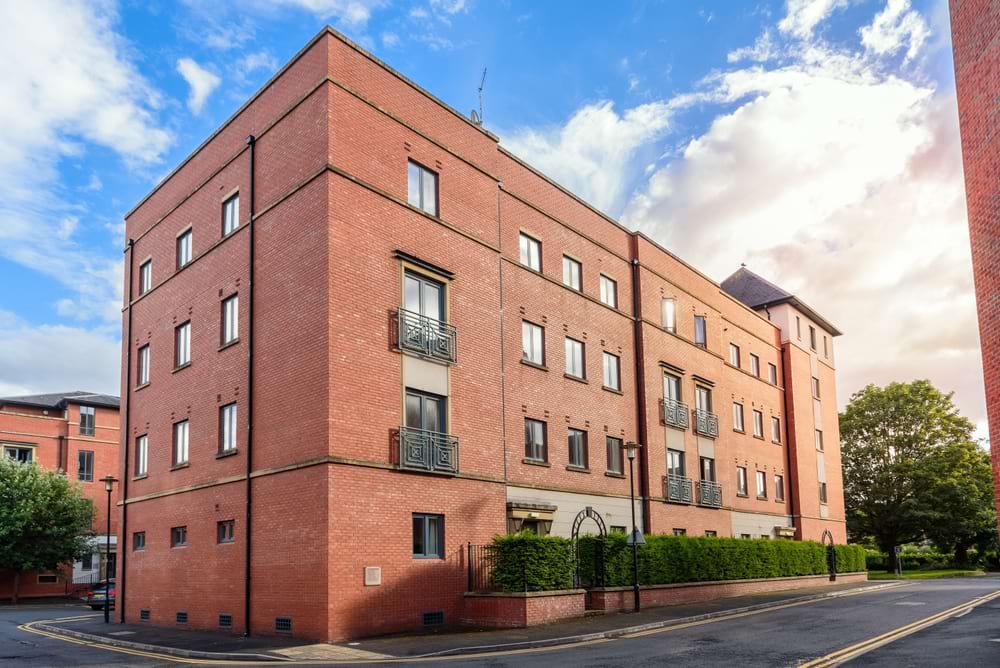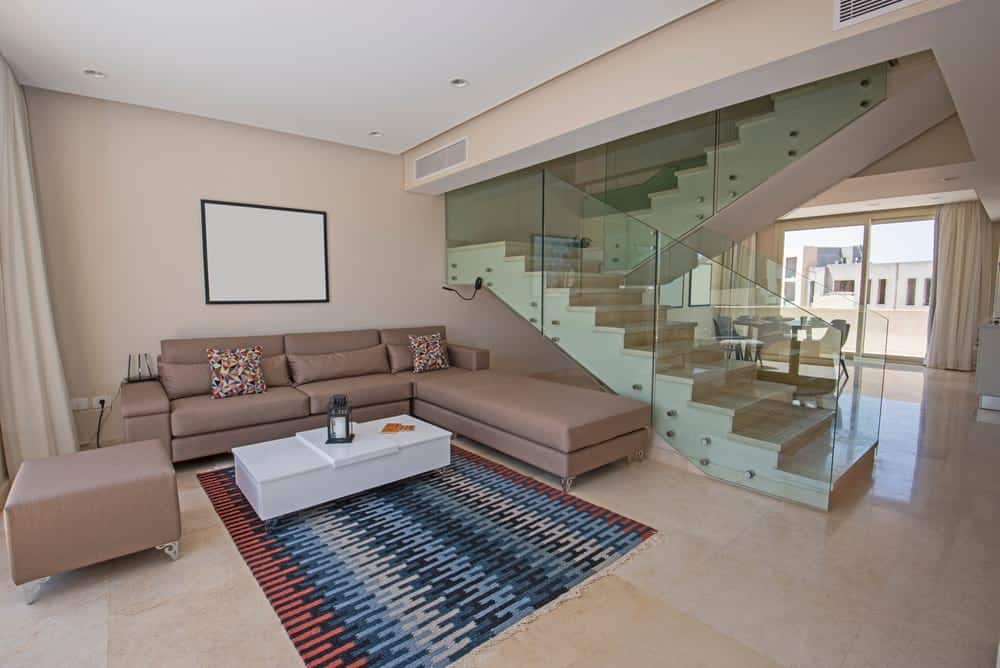There are different types of property ownership.
Freehold is one of the most common.
Reading to find out what it is and how it works.
Definition: Freehold

A freehold is a common property ownership model for buildings and land.
So, a freehold property is a home where the owner owns the building and the land underneath it.
And freeholders have rights over everything within their property’s boundaries. (Although sometimes they need to use a deed of variation to rectify issues.)
Freeholds are most common in houses. But there are some freehold flats, including most maisonettes.
Freehold vs leasehold
The difference between freehold and leasehold primarily comes down to land and time.
A freehold is a permanent right to your property and the land it’s on. A leasehold is a temporary right to this. Once the lease expires, the house transfers back to the leaseholder.
Leasehold is mainly seen with flats in large residential blocks. Freehold is more typical for detached houses.
Other property ownership models
Leasehold and freehold are the most common types of property ownership. But there are other types, including:
- Share of freehold: A freehold owned by a group of people (as opposed to an individual).
- Commonhold: A type of freehold ownership. Residents own the freehold to their properties, but commonly own the wider land.
Advantages & disadvantages of owning a property freehold

Advantages
No leasehold problems
When you own a property freehold, you don’t need to worry about lease extensions or dealing with an uncooperative freeholder.
Lower costs
Your costs may also go down because you aren’t being charged ground rent or service charge.
Easier to sell
And when it comes to selling your flat, it’s often easier to sell a freehold as no lease can impact the asking price and mortgage rates.
Disadvantages
Responsibilities
Owning a freehold property usually requires more time, effort, and responsibility.
Pooling money and communicating with others can be challenging if your partners aren’t well-organised.
(You could hire a managing agent to do this for you, but this will increase your costs).
Harder to sell
Freehold flats are harder to sell. However, not every buyer views owning a ‘share of freehold’ as an advantage.
Freehold properties may be on the market at a higher price due to the perceived advantages of owning one. You may therefore have to pay more to get one in your name.
Boundary disputes
Boundary disputes are also more likely with freehold properties.
If you own a semi-detached or terraced property freehold, you must clearly distinguish where your land begins and ends.
This can often cause property disputes with neighbours, especially if people overstep boundaries or prove uncooperative.

